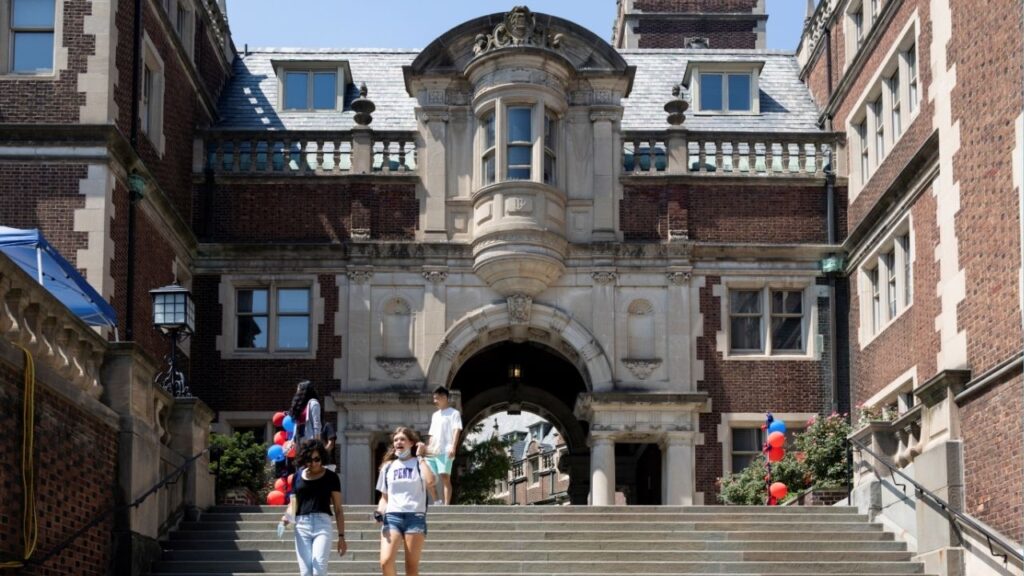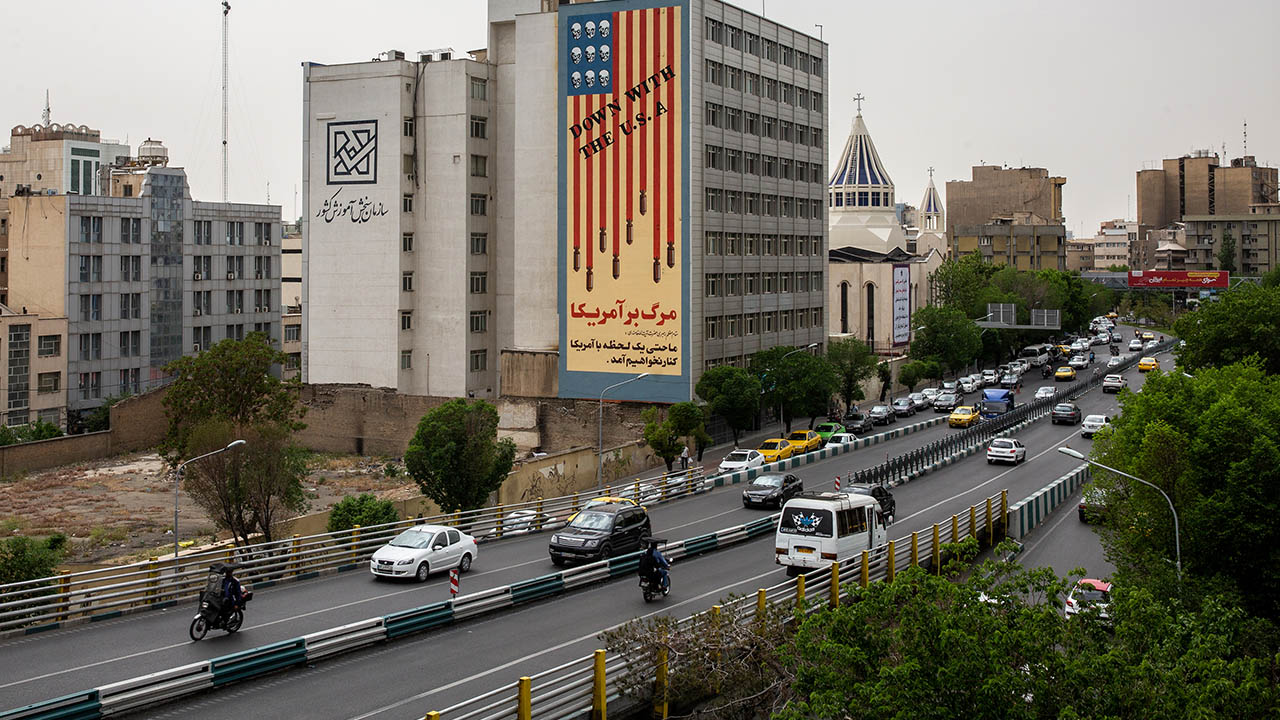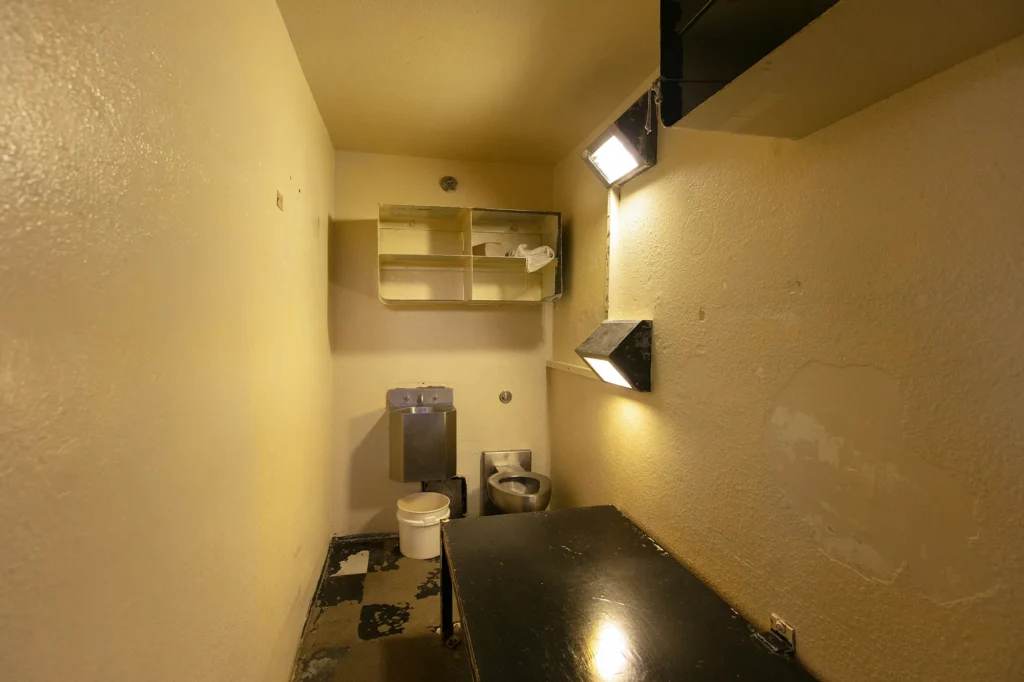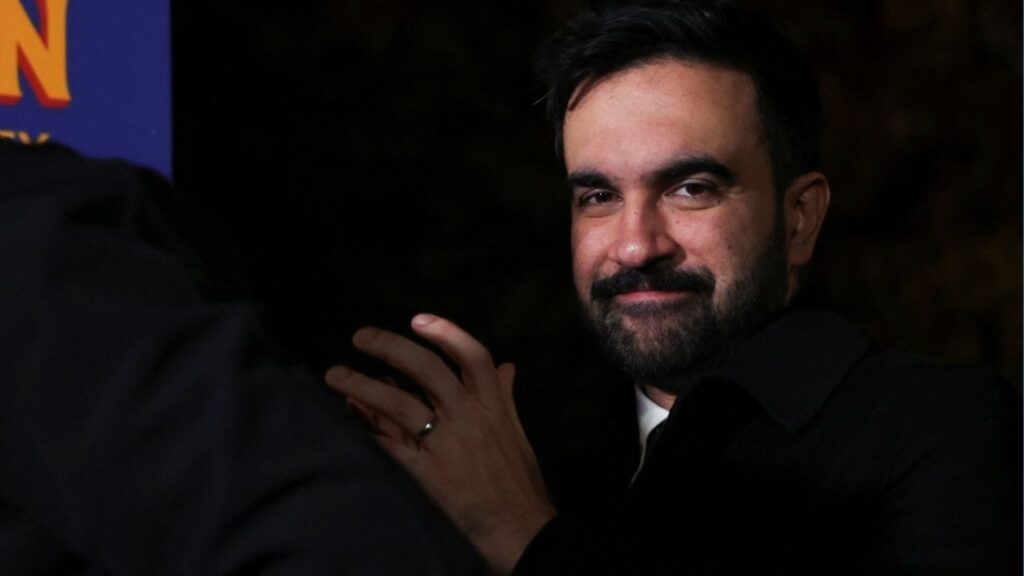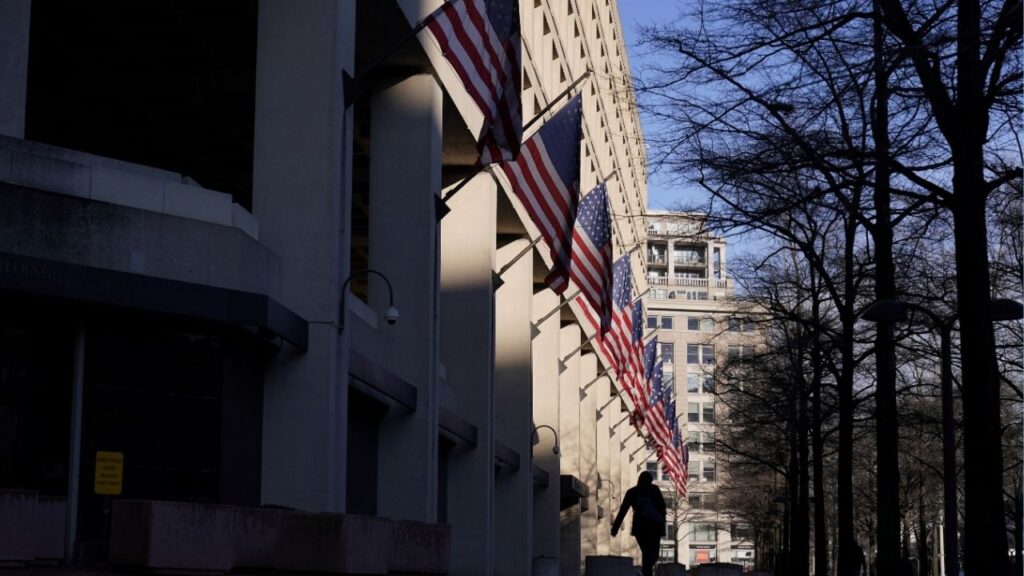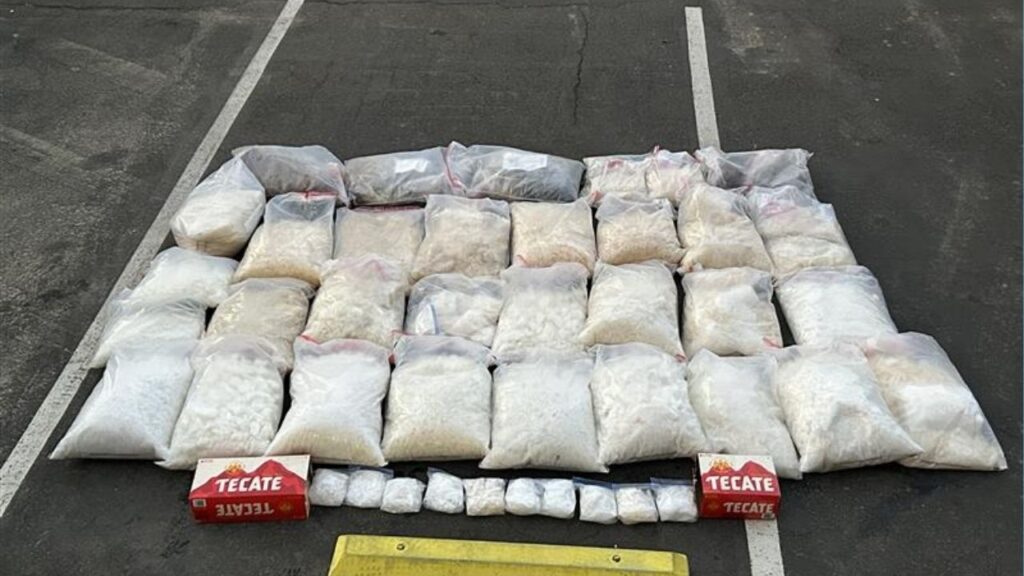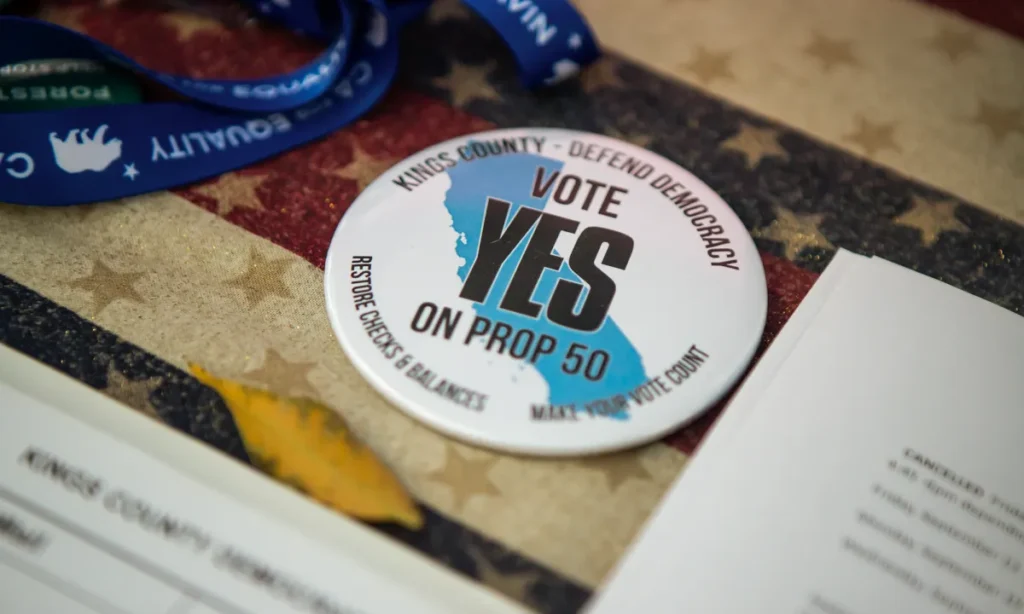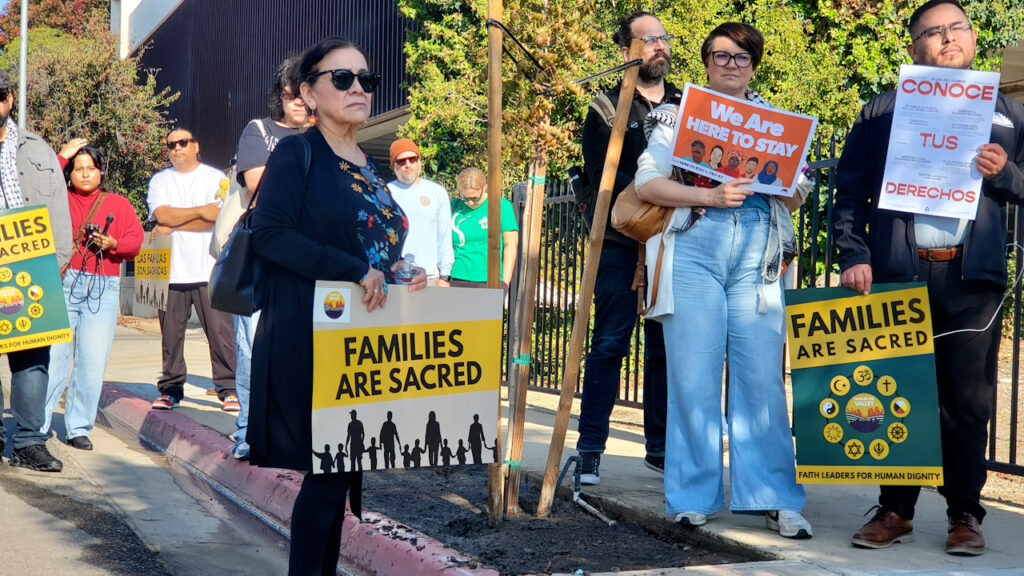FILE — A newly repainted anti-U.S. mural in Tehran, Iran, on Saturday, April 26, 2025. Arab leaders been urging President Trump to find a negotiated settlement with Iran over its nuclear program. (Arash Khamooshi/The New York Times)

- Trump's pursuit of an Iran nuclear deal faces resistance from Republicans who want complete dismantlement of Iran's program.
- Iranian officials signal willingness to limit enrichment to civilian levels but refuse to halt the program entirely.
- Arab leaders in the Persian Gulf region are urging Trump to find a negotiated settlement rather than risk military conflict.
Share
By every measure, President Donald Trump has made it clear that he wants “to do a deal” with Iran over its nuclear program and avoid a war, pushing aside Israeli proposals for a mutual military campaign instead.
“I want to make a deal with Iran,” Trump said in Saudi Arabia this past week. “If I can make a deal with Iran, I’ll be very happy, if we’re going to make your region and the world a safer place.”
His trip to the Persian Gulf underlined his conviction. When Iran first agreed in 2015 to limit its nuclear program after years of negotiations with six world powers, the Persian Gulf states saw Iran as a dangerous adversary and worked to isolate it. But today, those same Persian Gulf leaders have been making their own rapprochements with Iran and want to avoid further instability and broader conflict in the Middle East, with the Israel-Hamas war continuing in the Gaza Strip.
At every stop of Trump’s trip, Arab leaders urged him to find a negotiated settlement with Iran. “The alternative is terrible” for them, said Ali Vaez, Iran director of the International Crisis Group. “Iran with a bomb or Iran bombed both have bad consequences for the region,” he added.
Republican Opposition to a Deal
Reaching a deal with Iran will test the harder-line wing of Trump’s supporters in the Republican Party and whether they will fall in line with what would be a departure from their long-standing demands that Iran dismantle its nuclear program. More than 200 congressional Republicans urged him in a letter this past week to stand firm with Iran.
The United States and its partners fear that a nuclear-armed Iran could set off an atomic arms race in the Middle East and contribute to instability there, sharply raising the stakes for any miscalculation among rivals.
Trump also brandishes a threat: Unless Iran comes to terms, the United States could attack.
Officials and analysts speak positively about progress in the talks, which are being led by Trump’s chief negotiator, Steve Witkoff. Trump said Friday that Witkoff had given Iran an outline for a deal and pressed Tehran to respond to it. “They know they have to move quickly,” Trump told reporters as he flew back to Washington from the Middle East. Iranian Foreign Minister Abbas Araghchi later denied that it received a “written proposal from the United States, whether directly or indirectly.”
Navigating Complex Demands
Significant gaps remain between the two sides. Trump continues to insist that Iran must halt enrichment of uranium, which fuels nuclear power, as well as nuclear weapons. Israel and some of the president’s most fervent supporters are pushing for such an outcome. Iran continues to insist that it will not stop enriching uranium altogether and that it has the right to enrichment for civilian purposes under the Nuclear Nonproliferation Treaty.
Iranian officials have said recently that they would be willing to stop enrichment at the higher levels used for nuclear weapons, which exceed the requirements for civilian use, and scrap its large stockpile of highly enriched uranium — but not stop enriching entirely.
Ali Shamkhani, a top adviser to Ayatollah Ali Khamenei, Iran’s supreme leader, repeated the country’s position to NBC News, and Trump shared the article on Truth Social without comment, perhaps signaling tacit approval. But those concessions were effectively the same as what Iran agreed to in the 2015 deal in return for relief from crippling economic sanctions. Trump despised that agreement as too much of a giveaway by President Barack Obama and withdrew the United States from it in 2018, resuming sanctions on Iran.
Iranian President Masoud Pezeshkian on Saturday reiterated the country’s commitment to negotiating and its unwillingness to cede the right to civilian enrichment. “We are negotiating, and we will negotiate — we are not after war, but we do not fear any threat,” he said during a speech broadcast by state television, according to The Associated Press.
Witkoff is attempting to navigate the complexities of each side’s wishes around enrichment, Vaez said. “He is trying to be creative with solutions that are not zero-sum.”
Finding a Path Forward
Ideas include a long-term freeze on Iranian enrichment under enhanced international inspection while both sides build trust, for example, Vaez said. Another associated idea would be for Iran to agree to phase out its enrichment program over time if the country is assured that it can reliably get nuclear fuel on the global market. That might satisfy Trump, signaling that Iran had not rejected the idea of ending enrichment at some clear point in the future.
The sanctions that have battered Iran and that its leaders want so badly to be lifted could also be removed in phases, experts suggested. American corporate investment in Iran could be designed to enhance longer-term trust and provide a kind of deterrence against another war.
But Iran, stung by Trump’s unilateral withdrawal in 2018 from the earlier deal, will want guarantees that the United States will adhere to a new one. Iranian officials seem to believe, not without reason, that Trump would be better placed to guarantee a deal than a Democrat, especially because it would be bilateral rather than among multiple nations like the 2015 accord.
Iranians are likely to take some encouragement from Trump’s announcement this past week to lift sanctions against Syria’s new leaders despite their terrorist past. Although the president can lift some sanctions on his own, others require lawmakers’ approval.
“That’s a precedent Iranians will be watching closely, to see if Trump can follow through with Congress,” said Suzanne Maloney, an Iran expert and director of the foreign policy program at the Brookings Institution.
Trump faces opposition to an Iran deal from within his own camp, particularly neoconservatives on Capitol Hill and elsewhere who cheered his withdrawal from the earlier deal. They have long demanded that Iran agree to complete denuclearization: a ban on all enrichment and the dismantling of its massive nuclear infrastructure.
“Trump is trying to manage expectations at home,” said Vali Nasr, an Iran expert and professor at the Johns Hopkins University School of Advanced International Studies. Israel also wants Iran’s nuclear program destroyed.
But Trump really wants a deal, and “he is likely to settle for less,” Maloney said, most likely over the objections of some Republicans. “That’s why this is such an important test case for the efficacy of Trump’s foreign policy,” she added. “It will tell us something about the Republican Party and its future foreign policy.”
If Witkoff and the Iranians can agree on the principles of a deal, technical talks to turn that foundation into a final signed agreement could take months and closely involve the International Atomic Energy Agency, which is charged with carrying out the Nuclear Nonproliferation Treaty and does in-country inspections. It was not clear when talks will resume.
Iran has lately refloated a 2007 idea of a consortium of Muslim states to do nuclear enrichment, including its longtime rival, Saudi Arabia, which wants to begin its own civilian nuclear enrichment program in cooperation with the United States. Iran would deliver its production of enriched uranium at civilian levels to Saudi Arabia and other group members in return for investment.
The region is more likely to be open to the proposal today. But it would breach Trump’s public demand to stop any Iranian enrichment and not address what would happen to Iran’s highly enriched uranium. Such an agreement would also make Saudi Arabia and others dependent on Iran, which they are unlikely to embrace without guarantees from the United States or Russia about supplies, should Iran ultimately shirk its commitment.
—
This article originally appeared in The New York Times.
By Steven Erlanger/Arash Khamooshi
c. 2025 The New York Times Company
RELATED TOPICS:
Categories
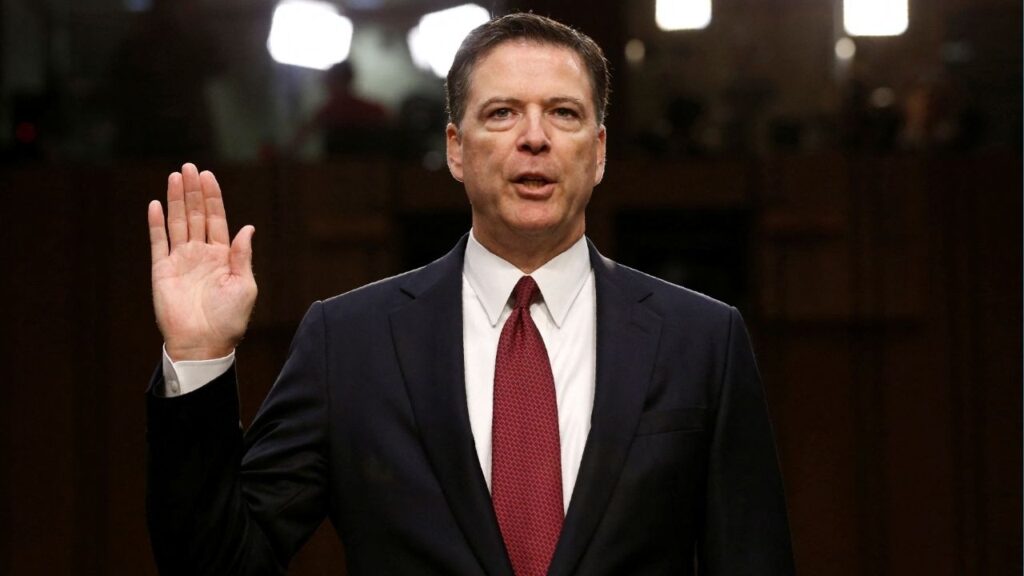
US Prosecutors Defend Case Against Ex-FBI Chief Comey
